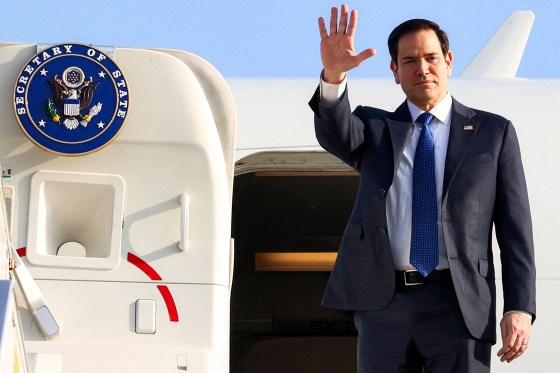Marco Rubio Faces Potential Tensions with G7 Allies Over Trump-Aligned Policies
As Senator Marco Rubio prepares to engage with G7 allies, he may encounter a challenging diplomatic landscape due to his alignment with former President Donald Trump’s policies. With key global issues such as trade, security, and international alliances at stake, Rubio’s stance on foreign policy could create friction among the U.S.’s closest partners.
Concerns Among G7 Nations Over Trump’s Influence
Several G7 leaders have expressed concerns about a potential return to Trump-era policies, particularly regarding trade tariffs, military commitments, and multilateral agreements. Many of these leaders struggled to maintain stable relations with the U.S. during Trump’s presidency and may view Rubio—an outspoken Trump ally—as an extension of those policies.
European and Canadian officials are particularly wary of any U.S. policy shifts that could weaken NATO, disrupt global trade agreements, or undermine climate change initiatives. With the G7 summit emphasizing economic stability and international cooperation, any perceived hardline stance from Rubio could create tensions.
Rubio’s Position on Key Global Issues
Rubio has been a strong advocate for “America First” policies, echoing Trump’s approach to global affairs. His positions on China, trade restrictions, and defense spending align closely with Trump’s, which could put him at odds with G7 leaders who favor multilateral cooperation over unilateral actions.
Additionally, European allies remain cautious about U.S. reliability on global security commitments, especially as tensions persist with Russia and China. If Rubio signals a shift toward isolationist policies, it could heighten concerns among America’s closest allies.
What This Means for U.S.-G7 Relations
As the G7 summit unfolds, Rubio’s interactions with global leaders will be closely scrutinized. Will he reaffirm traditional U.S. alliances, or will he take a more combative stance in line with Trump’s past policies?
Observers believe that while Rubio may attempt to ease tensions, lingering doubts over America’s long-term commitments to international cooperation could complicate discussions. The reception he receives from Canada, France, Germany, the UK, and other G7 partners will be a key indicator of how U.S. foreign policy may shift in the coming years.
Source : Swifteradio.com


